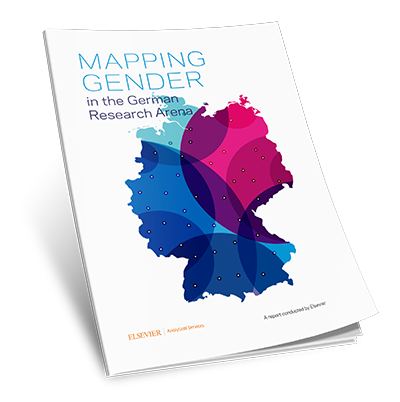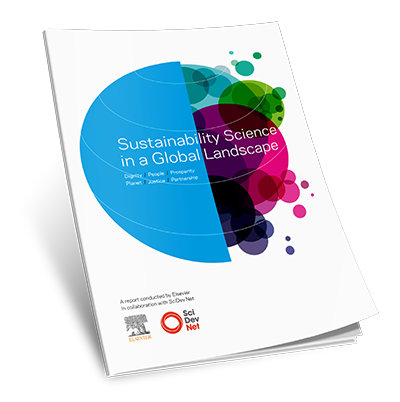Energy Reports, Volume 1, 1 November 2015
This paper attempts to investigate the impact of economic growth and CO2 emissions on energy consumption for a global panel of 58 countries using dynamic panel data model estimated by means of the Generalized Method of Moments (GMM) for the period 1990-2012. We also estimate this relationship for three regional panels; namely, from Europe and North Asia, Latin America and Caribbean, and Sub-Saharan, North African and Middle Eastern. The empirical evidence indicates significant positive impact of CO2 emissions on energy consumption for four global panels.
27 October 2015
International Review of Research in Developmental Disabilities, Volume 48, 2015, Pages 1-9
International Review of Research in Developmental Disabilities, Volume 48, 2015, Pages 43-72
Energy and Buildings, Volume 103, 15 September 2015
It is well known that there is a need to develop technologies to achieve thermal comfort in buildings lowering the cooling and heating demand. Research has shown that thermal energy storage (TES) is a way to do so, but also other purposes can be pursued when using TES in buildings, such as peak shaving or increase of energy efficiency in HVAC systems. This paper reviews TES in buildings using sensible, latent heat and thermochemical energy storage.
August 2015


